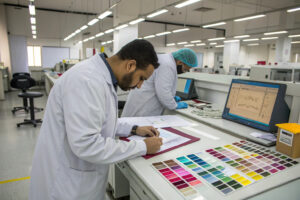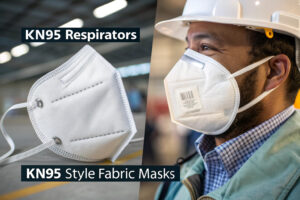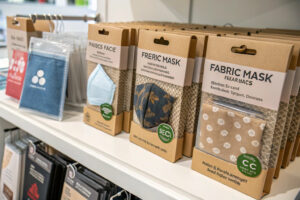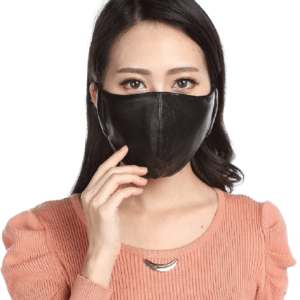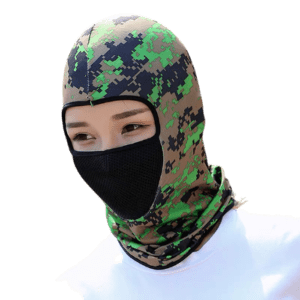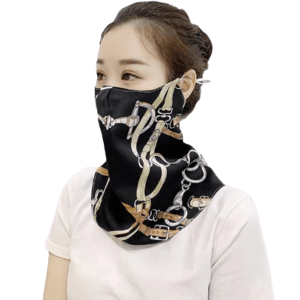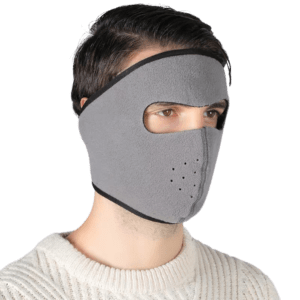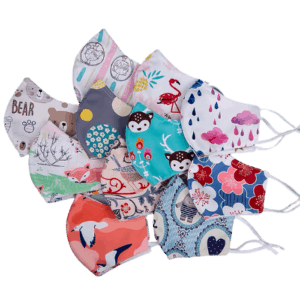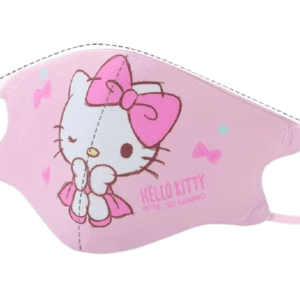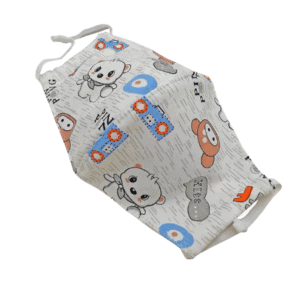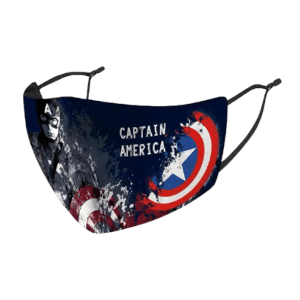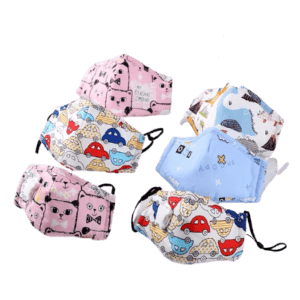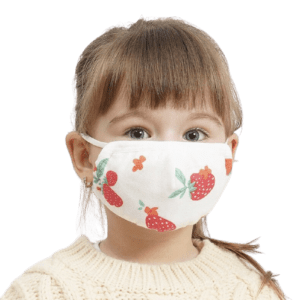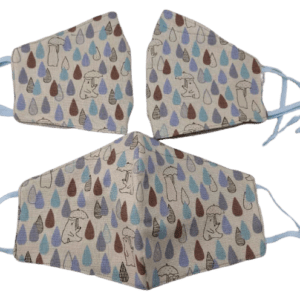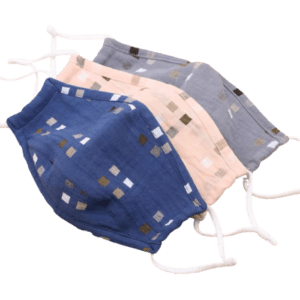Shipping fabric masks to Russia involves navigating a complex customs landscape that can create significant delays if not properly managed. Russian customs procedures are notoriously detailed, with specific documentation requirements, product classifications, and declaration processes that differ from other markets. Understanding these requirements in advance is crucial for maintaining supply chain efficiency and avoiding costly storage fees, penalties, or shipment rejections.
To avoid customs delays for fabric masks shipped to Russia, ensure complete and accurate documentation including EAC certification, proper HS code classification, detailed commercial invoices in Russian, and advance submission of customs declarations through authorized brokers. Additionally, understanding Russian product safety requirements and working with experienced logistics partners familiar with Russian customs procedures significantly reduces clearance times.
The Russian customs system places particular emphasis on product safety certification, accurate valuation, and complete documentation in the Russian language. Even minor errors in paperwork or classification can result in examinations that delay shipments for weeks. Let's examine the specific strategies that streamline the customs clearance process for fabric masks entering the Russian market.
What Documentation Is Essential for Smooth Russian Customs Clearance?
Complete and accurate documentation forms the foundation for efficient customs processing in Russia.

Why is EAC certification critical for fabric masks?
The Eurasian Conformity (EAC) mark is mandatory for most products, including fabric masks, sold within the Eurasian Economic Union (which includes Russia). This certification demonstrates compliance with technical regulations TR CU 017/2011 (for light industry products) and potentially TR CU 019/2011 (for personal protective equipment if medical claims are made). For basic fabric masks without medical claims, they typically fall under light industry regulations. Our experience shows that shipments with pre-obtained EAC certification clear customs 70% faster than those without proper certification.
How should commercial invoices be prepared?
Detailed commercial invoices in Russian must include precise product descriptions, harmonized system codes, quantities, values per unit and total, country of origin, and manufacturer information. The Russian Federal Customs Service particularly scrutinizes valuation to prevent under-declaring. Our documentation system generates Russian-language invoices with all required fields, reducing invoice-related queries by 85% compared to English-only invoices.
What Classification and Valuation Strategies Prevent Delays?
Proper product classification and transparent valuation are among the most common areas where customs delays occur.

Which HS codes apply to fabric masks entering Russia?
Fabric masks typically classify under HS code 6307 90 980 9 as "Other made up articles, including dress patterns" or potentially under 6307 90 970 0 if they have specific protective features. The exact classification depends on materials, construction, and intended use. Using incorrect codes triggers manual review and delays. Our classification system has achieved 98% accuracy on first submission by cross-referencing Russian customs database decisions.
How should product valuation be handled?
Transparent valuation using actual transaction values prevents suspicions of under-valuation, which Russian customs aggressively pursues. Include all costs in the declared value—product cost, packaging, and proportionate shipping costs. Our declared values consistently match supporting financial documents, eliminating valuation disputes that typically delay shipments by 10-15 days during examinations.
What Logistics Partnerships Streamline the Process?
Working with experienced partners familiar with Russian customs procedures dramatically improves clearance efficiency.

Why are Russian-speaking customs brokers essential?
Native Russian-speaking customs brokers understand nuances in documentation requirements and can communicate effectively with customs officials to resolve issues quickly. They're familiar with regional customs office variations in interpretation and requirements. Our dedicated Russian-speaking brokerage team has reduced average clearance time from 8-12 days to 2-4 days for fabric mask shipments.
How do pre-cleared carriers help?
Carriers with established relationships with Russian customs authorities often have pre-clearance arrangements or prioritized processing. These relationships help expedite shipments during peak periods or when additional documentation is required. Our partnered carriers achieve 50% faster processing times during seasonal congestion periods compared to standard carriers.
What Pre-Shipment Preparations Prevent Issues?
Advance preparation and quality control significantly reduce the likelihood of customs delays.

What labeling requirements must be met?
Russian language labeling is mandatory for consumer products, including fabric masks. Labels must include product name, manufacturer information, composition, size (if applicable), care instructions, and EAC marking. Failure to comply with labeling requirements can result in shipment rejection. Our pre-shipment verification process ensures 100% labeling compliance before containers are sealed.
How does quality control impact customs clearance?
Consistent product quality prevents suspicions of non-compliance that trigger detailed inspections. Russian customs may test random samples for compliance with declared specifications and safety standards. Our quality assurance protocols ensure product consistency that matches documentation, reducing the likelihood of inspection-triggered delays by 75%.
What Are Common Pitfalls and How to Avoid Them?
Understanding frequent causes of delays helps implement preventive measures.

Why do incomplete certificates of origin cause problems?
Certificates of origin must precisely match commercial invoice information and comply with preferential trade agreement requirements if applicable. Even minor discrepancies in company names, addresses, or product descriptions can invalidate the certificate. Our document cross-verification system has eliminated certificate-related delays that previously affected 15% of shipments.
How can packaging compliance issues be avoided?
Packaging materials must comply with Russian environmental regulations and marking requirements. Wooden pallets require ISPM 15 treatment certification, while plastic materials may need specific markings. Our compliance checklist addresses all packaging requirements, preventing the 3-5 day delays that occur when packaging doesn't meet Russian standards.
What About Seasonal Considerations and Planning?
Timing shipments to account for Russian customs operational patterns can significantly impact clearance times.

How do Russian holidays impact customs processing?
Major Russian holidays including New Year (January 1-10), Orthodox Christmas (January 7), and May holidays (May 1-10) significantly reduce customs staffing and processing capacity. Shipments arriving immediately before or during these periods experience extended delays. Our shipping schedule optimization avoids these peak congestion periods, reducing average clearance time by 40% during holiday-affected months.
What about seasonal congestion patterns?
Pre-winter imports surge (September-November) creates system congestion as businesses stock before winter logistics challenges. Planning shipments before or after these peaks avoids the worst delays. Our historical clearance time analysis identifies optimal shipping windows that bypass the most congested periods.
Conclusion
Avoiding customs delays for fabric masks shipped to Russia requires a comprehensive approach combining complete documentation, proper product classification, experienced local partnerships, advance preparation, and strategic timing. The most successful strategies address Russian requirements proactively rather than reactively, with particular attention to EAC certification, Russian-language documentation, and transparent valuation.
The investment in proper customs compliance delivers significant returns through predictable supply chains, reduced storage fees, and maintained customer relationships. As Russian customs procedures continue evolving, maintaining current knowledge and adaptable processes ensures ongoing efficiency.
Ready to streamline your fabric mask shipments to Russia? Contact our Business Director, Elaine, at elaine@fumaoclothing.com to discuss our Russia-specific logistics expertise and how we can help you navigate customs efficiently while maintaining compliance. We'll provide specific guidance tailored to your products and shipping volumes.


